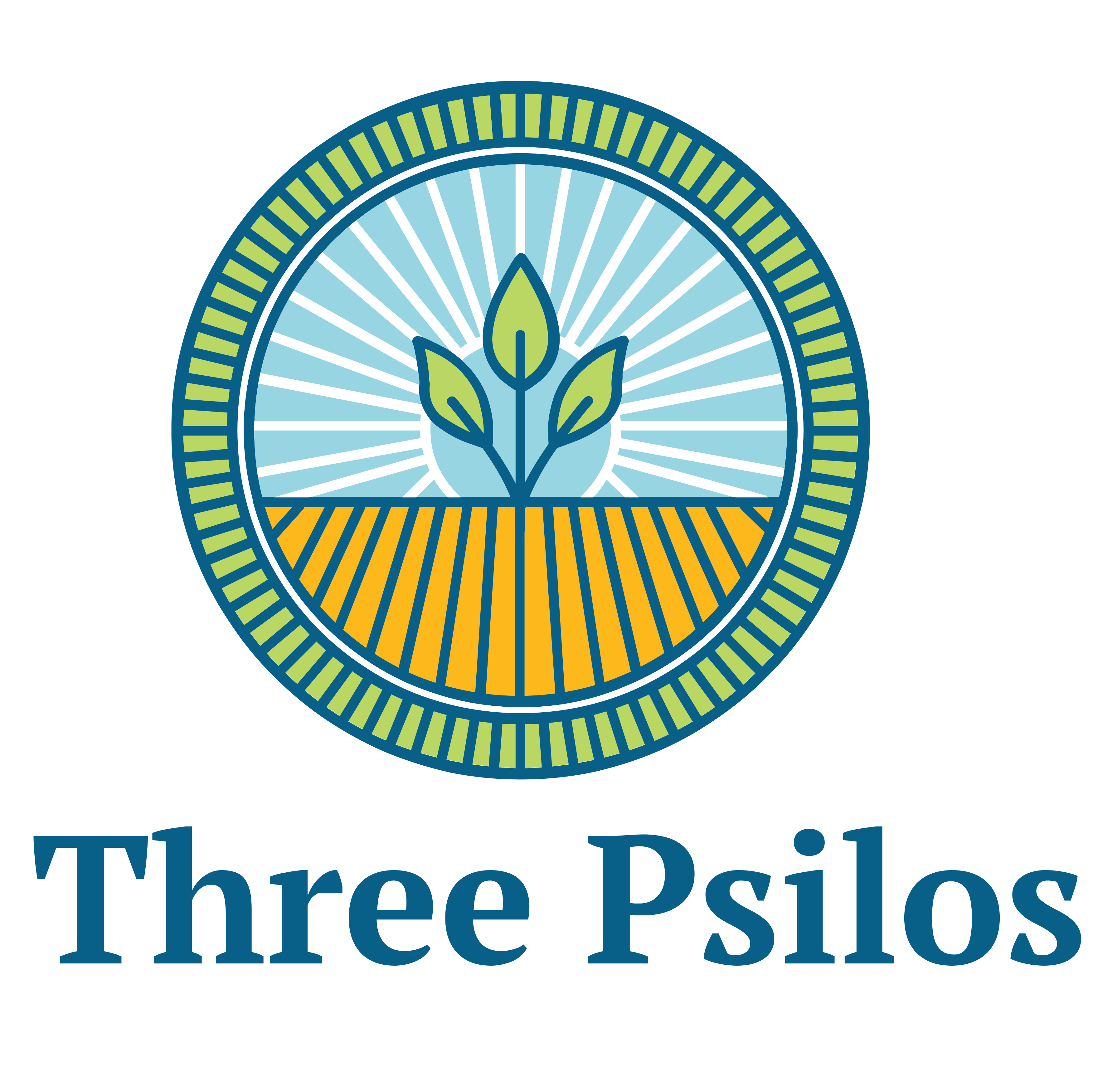Yes, invasive species can have a negative impact on a property’s value. Invasive species are non-native plants, animals, or pathogens that can cause harm to the environment, economy, or human health. When invasive species establish and spread on a property, they can lead to various problems that can diminish its value. Here are some ways invasive species can negatively affect property value:
1. Ecological damage
Invasive species often outcompete native plants and animals, disrupting the natural balance of an ecosystem. This can result in the degradation of habitats, reduced biodiversity, and ecological imbalances. Such ecological damage can negatively impact the aesthetics and overall appeal of a property, making it less desirable to potential buyers.
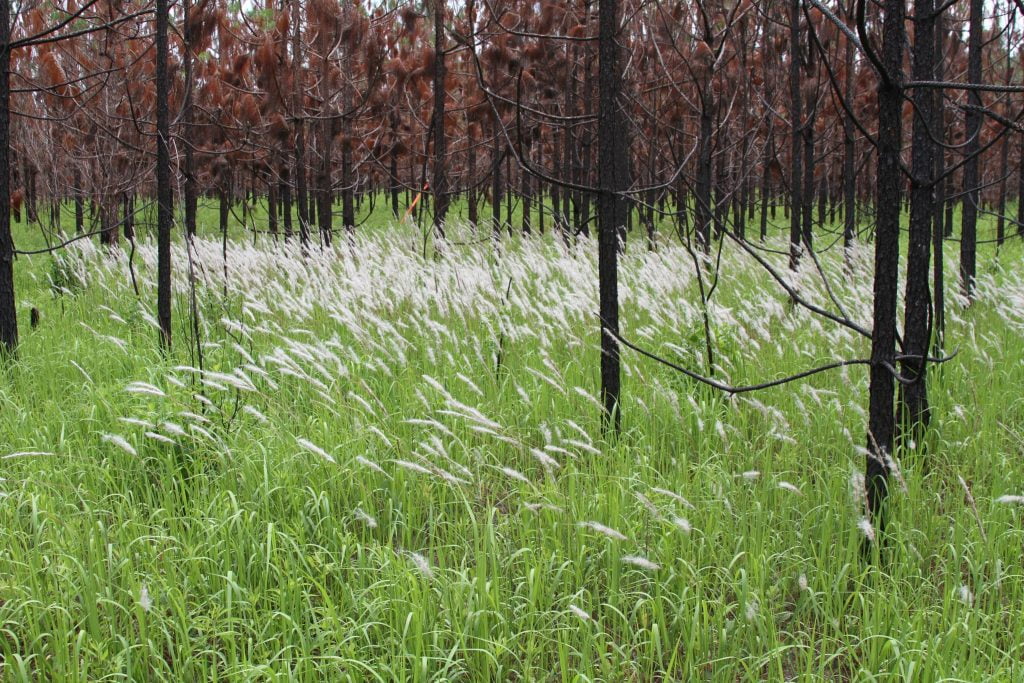
Cogongrass Treatment (per 1,000 sq.ft./93 sq.m.)
Treatment of your Cogongrass infection, which includes three site visits with hand-applied spot treatments by Florida ecologist.
2. Property damage
Certain invasive species, such as invasive plants or insects, can cause damage to structures, landscaping, and infrastructure. For example, invasive tree species with aggressive root systems may damage foundations, sidewalks, or underground utilities. Invasive insects like termites or carpenter ants can also cause structural damage. These issues can be costly to repair and may deter buyers or decrease property value.
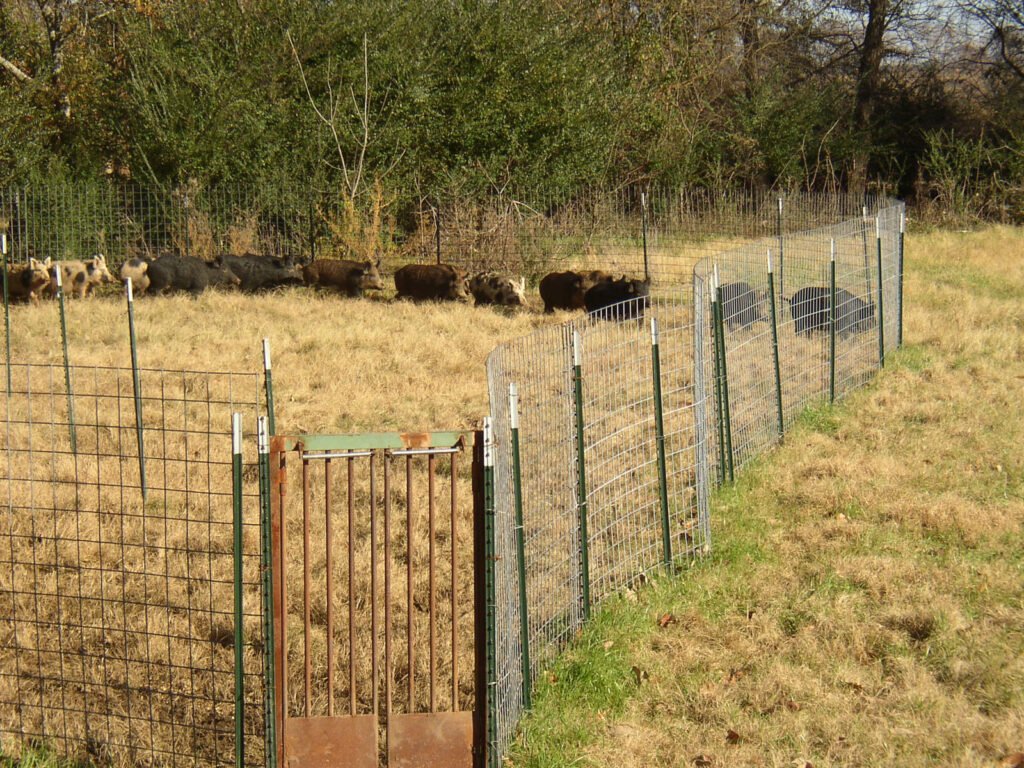
Feral Hog: Trap & Remove
Have an ecologist from Three Psilos, Inc. trap and remove feral hog from your property, under only the highest possible ethical standards. Price is per hog, with a three hog minimum.
3. Reduced land use potential
Invasive species can limit the use and enjoyment of a property. They can overtake agricultural fields, pastures, or recreational areas, making them less productive or suitable for their intended purposes. If a property’s potential for farming, outdoor activities, or other land uses is compromised due to invasive species, its value may decline.
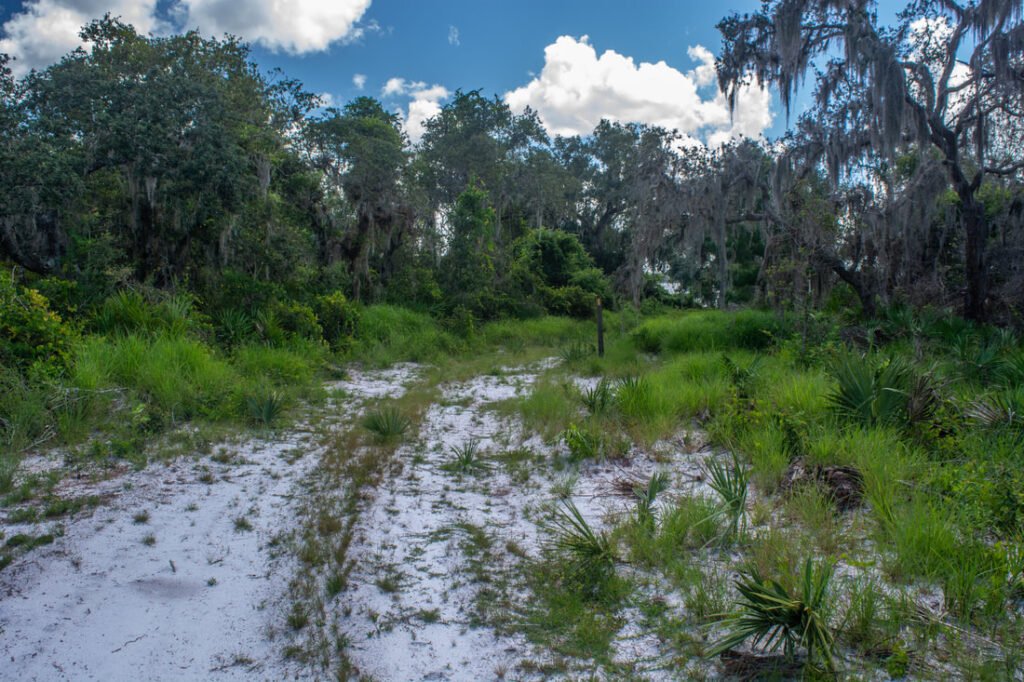
Existing Trail Maintenance (per linear yard)
Have Three Psilos, Inc. maintain your walking trail or path on the Lake Wales Ridge.
4. Increased management costs
Dealing with invasive species often requires ongoing management efforts, such as monitoring, control measures, and eradication. These activities can be time-consuming and expensive. Property owners may need to invest in professional services or purchase specialized equipment and treatments to address invasive species infestations. The additional costs of managing invasive species can reduce a property’s value.
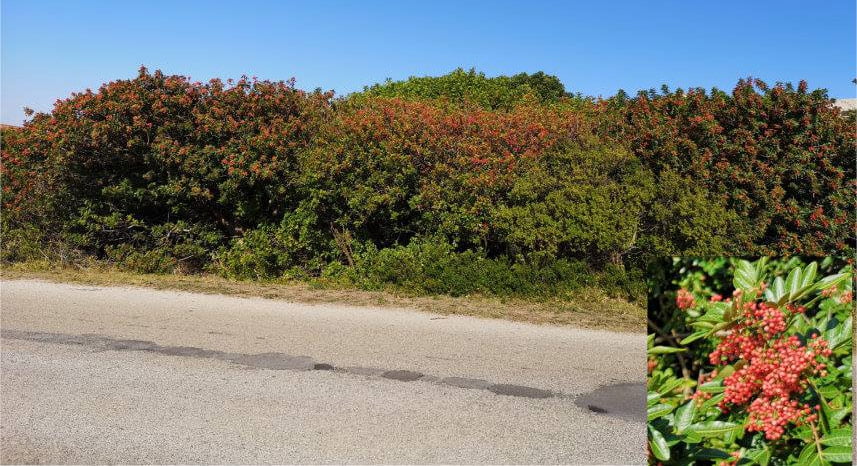
Fruiting Brazilian Peppertree – Cut & Treat (per 12 in. of height)
For the treatment of one fruiting Brazilian Peppertree, per foot of height.
For an eight foot tall Peppertree, you will need a quantity of ‘8’ of this product added to your cart.
5. Legal and regulatory implications
In some cases, the presence of invasive species on a property can lead to legal and regulatory issues. Some jurisdictions have laws and regulations that require property owners to control or eradicate invasive species. Failure to comply with these regulations may result in fines or penalties. The legal and regulatory aspects associated with invasive species can complicate property transactions and potentially decrease property value.
It is important to note that the extent of the impact on property value may vary depending on the specific invasive species, their abundance, and the local real estate market conditions. Additionally, proactive management and control of invasive species can help mitigate their negative effects on property value.
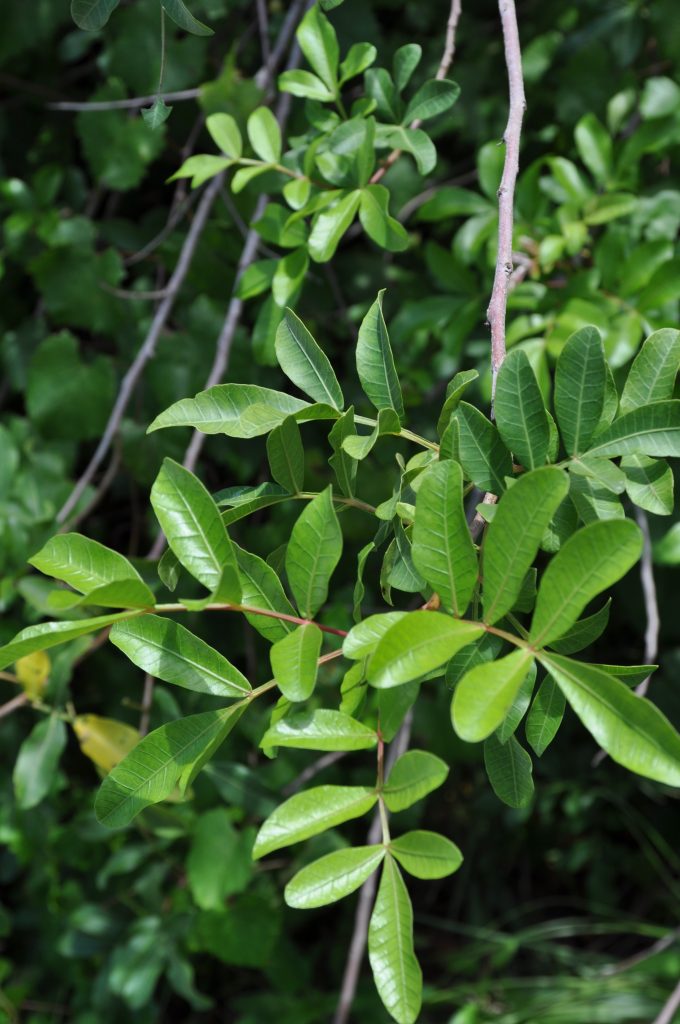
Non-Fruiting Brazilian Peppertree – Cut & Treat (per 12 in. of height)
Treatment for one Brazilian Peppertree, per foot of its height. Includes cutting of all branches at the base, herbicide treatment of the resulting stump, and preparation for removal to landfill. Does not include removal of waste to landfill.
Add the quantity of feet in height of your Brazilian Peppertree to your cart, e.g. a 10 foot tall tree needs a quantify of 10 added to your cart.
